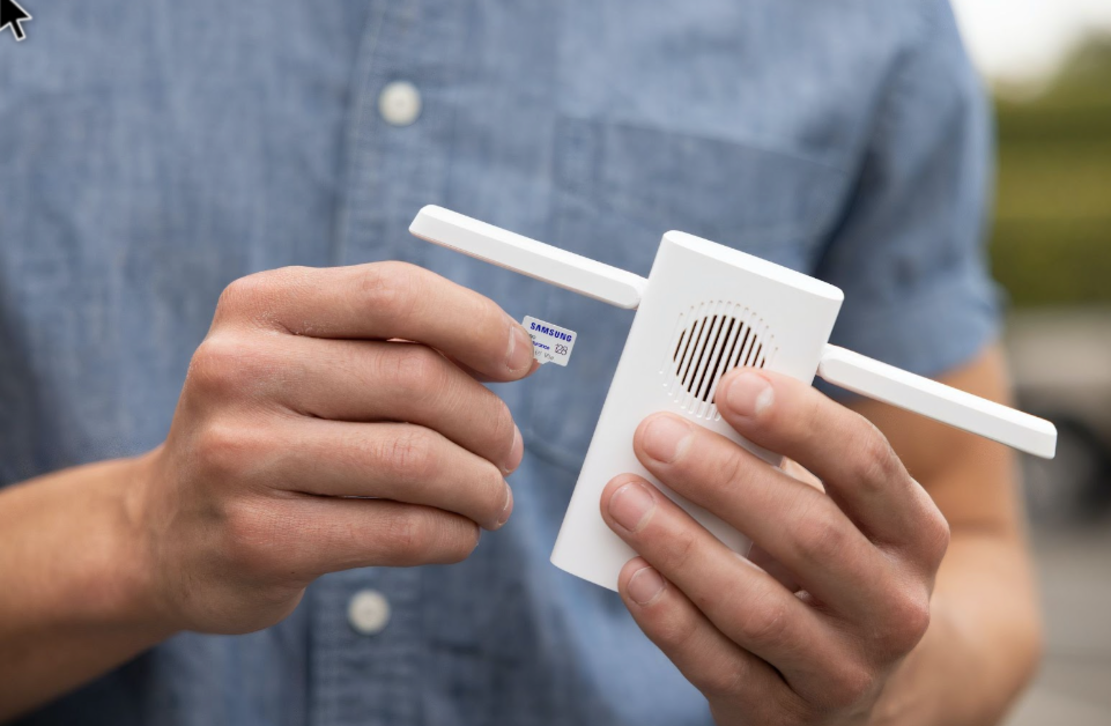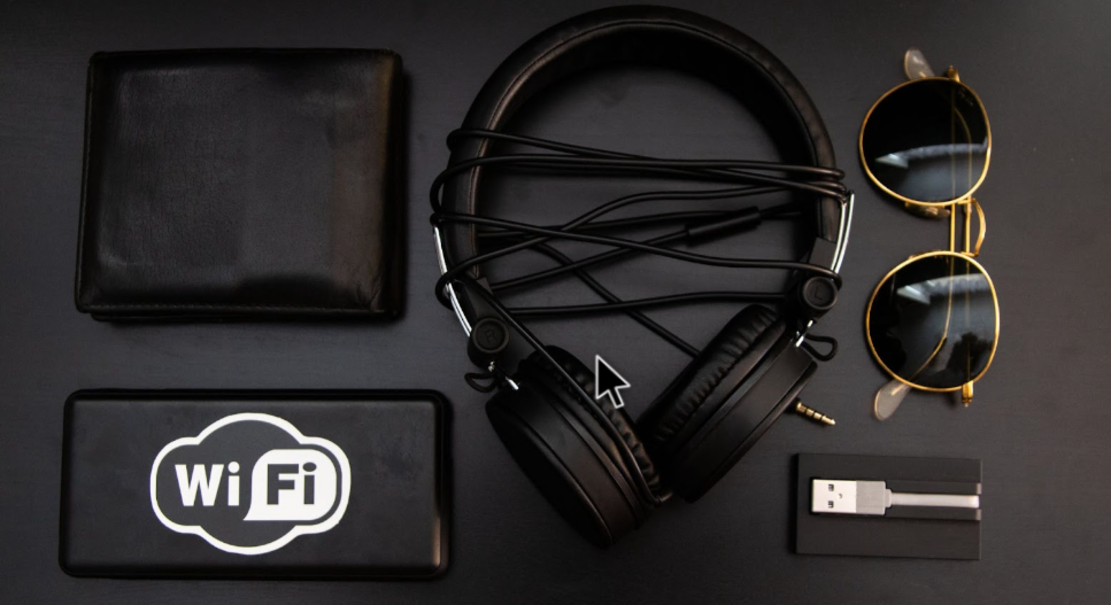Do WiFi Extenders Work? The Answers to All Your Questions
If you’re experiencing troubles with WiFi signal, the first solution that comes to mind is the use of WiFi extenders. However, you might also ask yourself, “Do WiFi extenders work?”.
The answer is a bit more complex than “yes” or “no.” In this case, “maybe” is the most suitable response. Using a WiFi extender depends on placement, the extender you purchase and how you use it.
This article explores how WiFi extenders work, the average coverage area, and how long they last. Moreover, we offer a few tips on how to get the most out of your WiFi booster. Let’s get started.

What is a WiFi Extender?
A WiFi extender is a device used to enhance your wireless router’s reach. Simply put, a WiFi extender ( or WiFi booster) takes an existing internet signal and rebroadcasts it around a specific area. Whether it’s a 2.4 GHz or a 5 GHz internet connection, the device enhances the reach of your signal.
If used properly, a range extender gives you access to WiFi in areas where your original router may not reach. Extenders allow for more consistent and stronger coverage throughout a larger area. It eliminates spotty signals or dead zones in houses with irregular layouts.
WiFi extenders work well, but you must use them correctly. Let’s look at how wireless range extenders work and how you should use them.

How Do WiFi Extenders Work
Do you have a router that doesn’t provide enough signal to reach all your wireless devices? If so, an extender amplifies the reach of your network. However, these devices are far from perfect. Therefore, you must understand how WiFi range extenders work to solve your signal issues. A WiFi extender takes an existing signal from a router and amplifies it throughout an area. This ensures you get a good-quality connection wherever you are in the building. Range extenders cover the ground floor, two stories up in an attic or outside.
WiFi extenders offer a simple, cost-effective way of extending your internet connection without investing in additional routers or hardware. It is also easy to install and requires minimal setup. Most models come pre-configured for quick plug-and-play use.
With an extender, users can enjoy reliable online performance across devices such as laptops, tablets, phones, and other devices. To extend the reach of your WiFi network, you need the following:
- The existing router/access point, which provides your original connection to the internet
- One or more extenders that are compatible with your current WiFi setup.
More reliable coverage lets users stay connected without worrying about dropped signals or slow download speeds. This is particularly useful if you run a business and offer free WiFi to your customers.
To get the most out of your extenders, you don’t have to be an IT engineer. Nonetheless, there are a few aspects to consider to extend your internet connection range effectively.

Do WiFi Extenders Really Work? 7 Tips To Get the Most Out of Them
As you have read so far, WiFi extenders do work. However, you must follow a few best practices and avoid common mistakes to make them work efficiently. Here’s what to remember when choosing and plugging in a WiFi extender.
- Compatibility. Ensure that your WiFi extender of choice is compatible with your router.
- Extend a strong signal. The WiFi extender amplifies your existing signal. You want to place your WiFi extender where the signal is strong to have satisfying results.
- Choose a renowned brand. Get a WiFi booster that a reliable company makes. Avoid sketchy or unknown brands. It is not worth saving a few bucks and ending up with gear that causes you trouble.
- Choose the right spot. Plug the WiFi extender in an interference-free zone so the range can amplify adequately. Do not place it in a secluded corner or surrounded by furniture.
- Check reviews. Doing your due diligence includes reading reviews of other user’s experiences. Just as you check reviews on local review sites for restaurants, do the same with your extender.
- Avoid obstructions if you can. Place the extender in an open area that connects to other spots—ideally, a corridor or an open space.
- Unplug it -If you are not going to use the WiFi for an extended period of time (a week or more), unplug your range extender. This ensures that the device does not look for a signal that is not there.
If you follow these simple tips, you can ensure your extender works properly.

WiFi Extender Longevity
There is no universal answer to the question, how long do WiFi extenders last? It mainly depends on the quality of the hardware and how you use it. When you purchase a solid WiFi extender, it can last anything from three to ten years.
When it comes to WiFi extenders’ life cycle, you want to get quality over quantity. This is so you don’t have to replace them after a few months. You can purchase an extender from specialized sellers or Amazon (be sure to read the reviews first.)
It is recommended to purchase a renowned brand specializing in internet connectivity devices. Your router provider likely offers extenders as well. Therefore, you might be interested in getting one from the same company.
If you want WiFi extenders that work, these are a few companies that produce high-quality range extenders. These WiFi boosters are simple to use and work as a charm:
To extend the life of your WiFi extender and have the best performance, it is also important to update the device’s firmware. This is a simple procedure that requires just a few clicks. If you purchase an excellent quality extender, the seller will provide you instructions on how to do it or will update it automatically.
To extend the life of your WiFi extender and have the best performance, it is also essential to update the device’s firmware. This is a simple procedure that requires just a few clicks. If you purchase a high-quality extender, the manufacturer will provide instructions on how to do it. Some devices even update automatically.

How Far Do WiFi Range Extenders Work?
A WiFi extender can extend the range of a wireless network by about 50-300 feet, depending on the following factors:
- Strength of the original wireless signal
- Location of the extender
- Type of extender
Several factors can limit the reach of a WiFi extender, and you can’t simply change them. If you’re asking do WiFi extenders work through walls, they do. However, walls, floors, and other physical barriers might block or weaken the wireless signal. Therefore reducing the coverage area of the extender. Additionally, electronic devices such as smart appliances can interfere with the wireless signal, reducing the extender’s range.
Last, if you ask, “How do I know if my WiFi extender is working?” it’s a matter of trial and error. Obviously, if you’re in a location your extender should reach but have no WiFi, you need to troubleshoot your extender.
It’s a good idea to test and experiment to determine the best placement and settings to ensure optimal coverage. Ideally, you want to place them where the signal is strong. If you do so, the extender will extend an already strong signal, becoming more efficient.

Do WiFi Extenders Work? A Few Final Thoughts
Hopefully, we’ve put your “Do WiFi extenders work” query to rest. Yes, WiFi extenders work and are a beneficial tool for your home and business. In the hotel industry, a study showed that “49% of business travelers considered free WiFi a deciding factor when it comes to their choice of hotel.” Similarly, in the restaurant industry, “free WiFi access was the fourth highest tech factor in choosing where to dine.” If anything, the takeaway from these statistics is the importance of free, reliable WiFi. If you’re in the hospitality industry, good WiFi with the help of an extender is a must-have.
Are you planning to use your WiFi extender in your business? Then, you might be interested in a social WiFi hotspot to make the most out of the free WiFi offered to your customers.
Beambox is an all-in-one WiFi marketing solution that helps businesses gather insights into customer behavior, automate marketing activities, and secure their network. You can use data to tailor marketing campaigns and create a better customer experience.
Whether you want to grow your business with email, social media, or SMS, Beambox offers the best tools to streamline your initiatives. Do you want to give it a try? Start your trial today.
Get Started With Free WiFi Marketing
Beambox helps businesses like yours grow with data capture, marketing automation and reputation management.
Sign up for 30 days free


